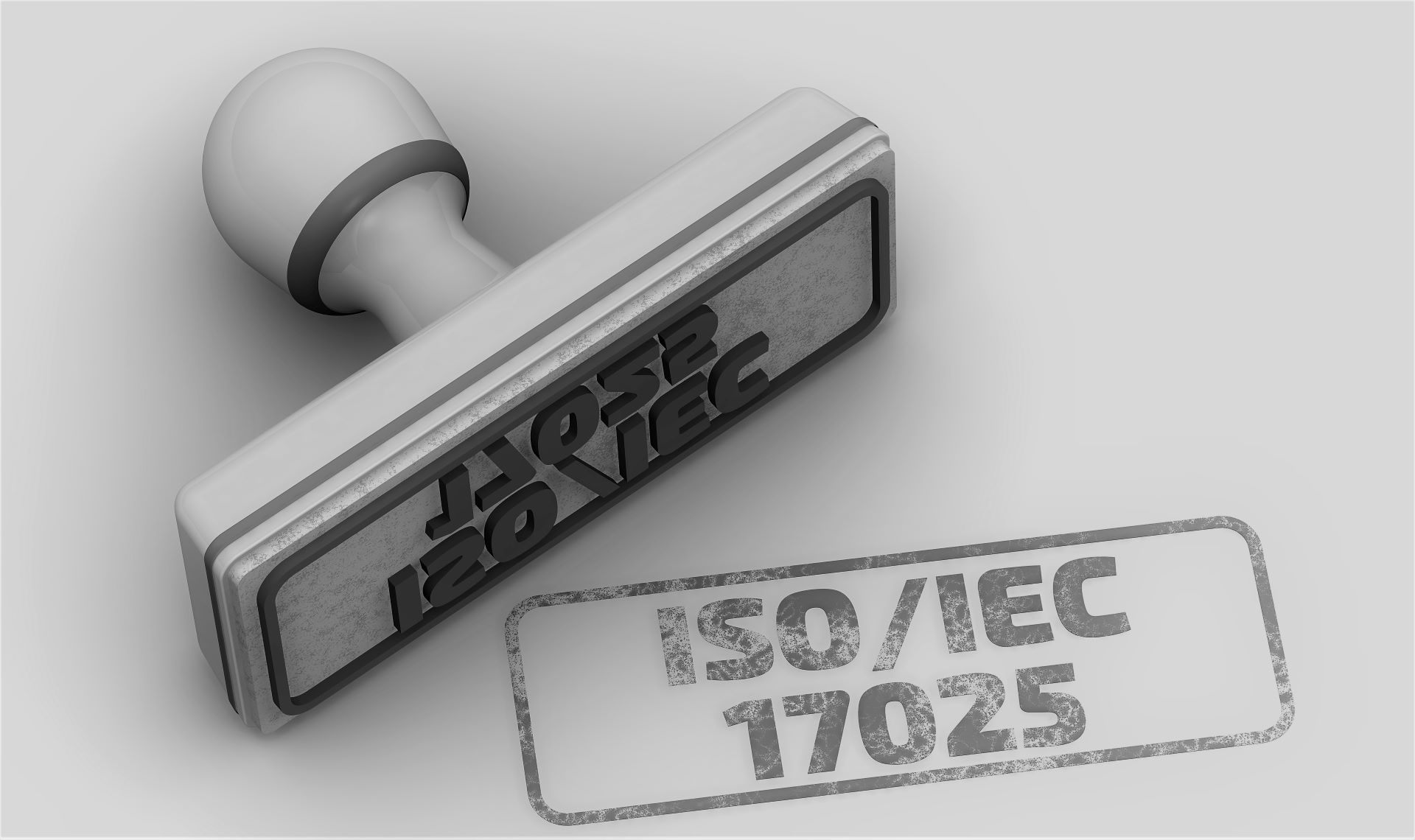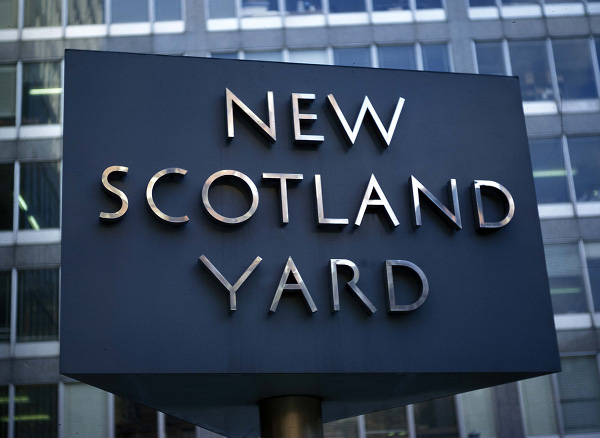On the 17th of June 2015 the BBC website reported that, as a result of the fall in the number of forensic fibre experts, the killers of Stephen Lawrence might escape justice if the cold case review that led to their conviction was conducted today rather than in 2007.
In that report the international standard ISO17025 is referred to as a ‘gold’ standard. It is not. It is a minimum standard.
One of the strengths of quality management systems, of which ISO17025 is a part, is that there are only two conditions; compliance or non-compliance. Either a product or service is fit-for-purpose or it is not. If not then remedial action is required to limit the effects of any non-compliant product or service and ensure a speedy return to compliance.
In my experience, gained in numerous jurisdictions and over the last 25 years, the accrediting body in the UK (UKAS) operates to a high standard. This results in the forensic science laboratories it accredits working to a higher standard than those accredited by other, less experienced, bodies such as ASCLD/LAB and NATA. Nevertheless, even in England and Wales, accreditation to ISO17025 must still be considered a minimum standard.
Compliance with this minimum standard however is significantly better, in terms of delivering justice, than compliance with no standard.
Non-accredited forensic science laboratories are used by the police
The BBC reports that the Met (Metropolitan Police) routinely uses non-accredited laboratories.
It seems extraordinary to me that any police force or law enforcement agency would use a non-accredited laboratory. The first forensic science laboratories were accredited in the late nineties, over 15 years ago. Why are there any non-accredited forensic science laboratories providing services to police forces?
It would also be extraordinary if courts did not question the reliability of and closely scrutinise any scientific evidence provided by a non-accredited laboratory.
Response by the Forensic Science Regulator
The reassurance of the Forensic Science Regulator, Dr Gillian Tulley, that “The vast majority of forensic work is done to a very high quality” is worthless. Only an accrediting body, such as UKAS, has the competence to determine whether or not a forensic science laboratory and the evidence it provides is fit-for-purpose.


